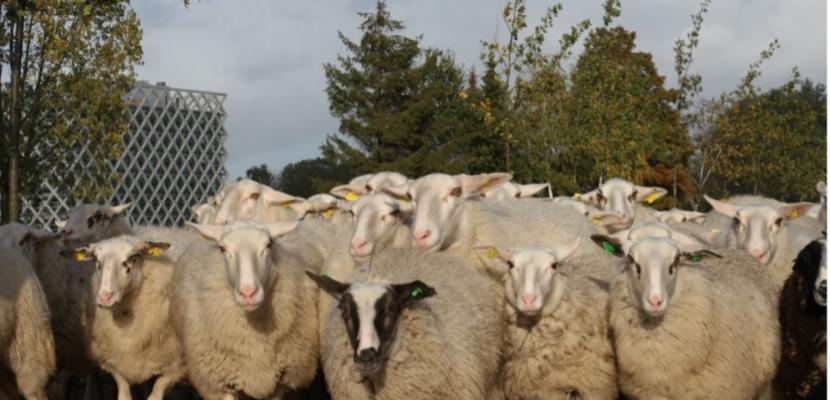
Program for Sustainable Textiles

About this good practice
The plan resulted from the overall strategic plan of Wageningen University and Research (WUR) for the period 2018-2023. It is a component of the priority on circular economy, recognizing that textiles are, after food, the second outlet for agricultural produce. It is the first research program which is focusing on Circular Textiles. By 2050, all textiles shall be bio-based and recyclable.
In order to make this shift, multiple research disciplines within WUR were integrated into one research program:
• Biobased research: from harvest to functional building blocks, polymers and fibers
• Plant research: genomics, agronomics of fiber crop production
• Livestock research: animal textile resources and animal welfare
• Environmental research: Understanding the dynamics of fiber crops in their environment, soil, water, biodiversity, climate change
• Economic research: value chain, consumers expectations and policies for sustainable textiles
• Development Centre: Implementing transitions in developing countries
Impact: This interdisciplinary research program connecting various WUR research domains: plant, environment, economics and biobased research, all relevant aspects of new sustainable value chains, their economics and the planetary boundaries. As a result of the research program booklets about the basics of circular textiles have been published, which are very easy accessible and understandable for all relevant sectors, knowledge transfer organisations and policy makers.
Resources needed
To set up a joint research programme like this an initial budget for research staff and communication is needed. In order to transfer the knowledge to society and SME's additional (regional) funds are needed to support textile cluster organisations in this task.
Evidence of success
Within the program basic knowledge about the potentials of various crops and crop components and organic waste streams have been described, relevant for the regional practitioners. From this knowledge base several initiatives for regional exploration, pilots and demonstrators have been undertaken. Two relevant EU projects have been formulated and granted, RegioGreenTEX and Engage4Bio, to create new trajectories for collaboration and implementations.
Potential for learning or transfer
The multidisciplinary approach of the WUR can be adopted by universities in other EU regions. For policymakers, the program can help to focus on circular textiles and closes the gap between researchers, business and policy makers. The results of the project can be implemented in regional circular economy plans with regard to sustainable textiles. This approach can help regional policy makers and business to adopt new EU clothing and textiles regulations.
In order to transfer research knowledge effectively towards society and business domain the researchers of the Sustainable Textiles program can collaborate with existing regional knowledge transfer partners. In the case of Gelderland WUR works together with regional platform organisations as GIST (Gelderland Innovators of Sustainable Textiles) and DCTV (Dutch Circular Textile Valley) funded by the regional government.